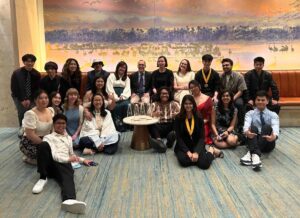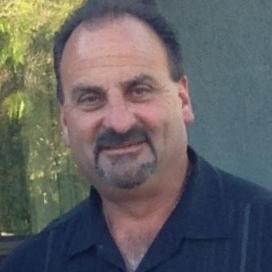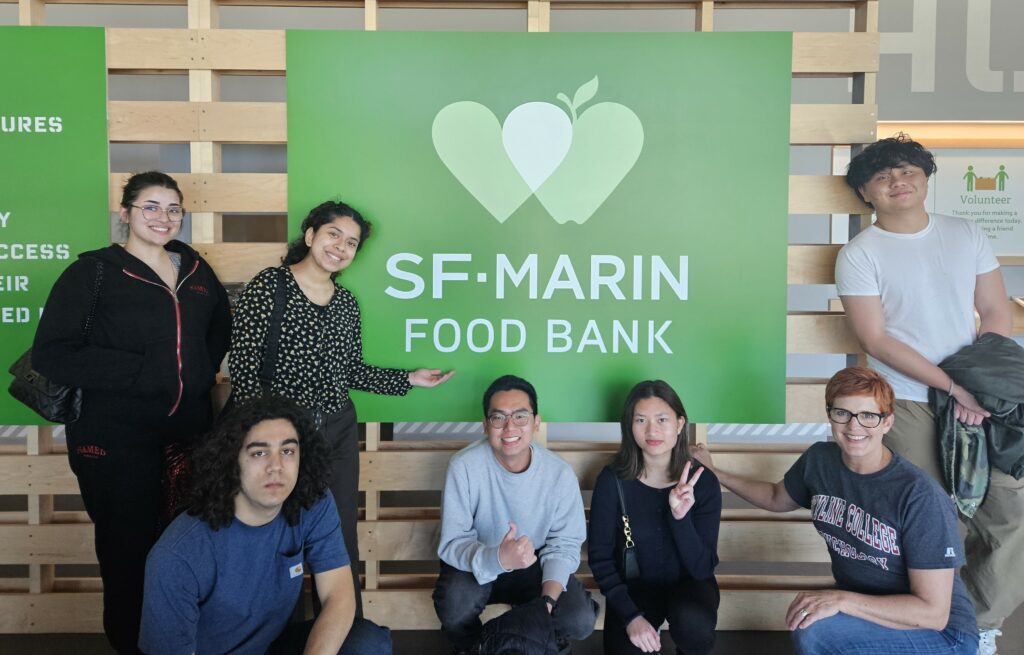A cohort of eight faculty members from Language Arts participated in the Fall Institute of the California Acceleration Project (CAP) at CCSF. The 2014-2015 cohort, the largest since Skyline College began to participate in the statewide initiative as well as the largest of the thirty-five participating cohorts from two-year institutions across California, is currently learning best instructional practices for acceleration in English.

Broadly, accelerated learning aims to reduce students’ time in remediation by at least a semester. It aims to do so through the use of high-challenge, high-support pedagogy and an emphasis on curricula that: support students’ affective needs; provide numerous low-stakes, collaborative in-class assignments; and replace front-loading subskills with “just-in-time remediation” (that is, immersing students in challenging texts and teaching foundational skills when they are relevant to the work at hand). According to data CAP has gathered from participating institutions in the last five years, acceleration has resulted in significant completion gains among all students, including: low-income students, ESL students, students who did not graduate from high school, students with low GPAs, and students with disabilities. Accelerated learning is also applicable to STEM disciplines. Currently, CAP offers training to both English and Math faculty.
The cohort is in the early stages of planning how to disseminate information from the Summer and Fall Institutes to faculty in Language Arts and across other divisions. They plan to outline a manual for best instructional practices this fall and aim for its completion in the near future. They will also collaborate with CTTL next spring and host a Brown Bag session for those interested in learning more about acceleration.
You can learn more about the California Acceleration Project here: http://cap.3csn.org/
Article by Andrew Kranzman






